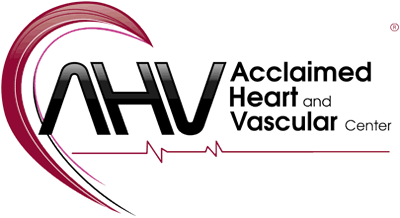Early symptoms of heart attack can include the following:
- Mild pain or discomfort in your chest that may come and go
- Pain in your shoulders, neck, and jaw
- Sweating
- Nausea or vomiting
- Lightheadedness, dizziness or fainting
- Shortness of breath
- Cold, clammy skin
- Severe anxiety or confusion
Heart attack symptoms can be different between men and women. According to the NHLBI, major symptoms prior to their heart attack include2:
Men
- Shortness of breath
- Weakness
- Unusual fatigue
- Cold sweat
- Dizziness
Women
- Sleep disturbance
- Indigestion
- Anxiety
- Unusual fatigue
- Shortness of breath

Acclaimed Heart and Vascular Center
We deliver excellent care with compassion after discussing your health and treatment plan with simplicity.
1Deputy Heart Attack, Early Heart Attack Care Brochure
2National Heart, Lung, and Blood Institute, Heart Attack Warning Symptoms
DISCLAIMER: THIS WEBSITE DOES NOT PROVIDE MEDICAL ADVICE
The information, including but not limited to, text, graphics, images and other material contained on this website are for informational purposes only. The purpose of this website is to promote broad consumer understanding and knowledge of various health topics. It is not intended to be a substitute for professional medical advice, diagnosis or treatment. Always seek the advice of your physician or other qualified health care provider with any questions you may have regarding a medical condition or treatment and before undertaking a new health care regimen, and never disregard professional medical advice or delay in seeking it because of something you have read on this website.

